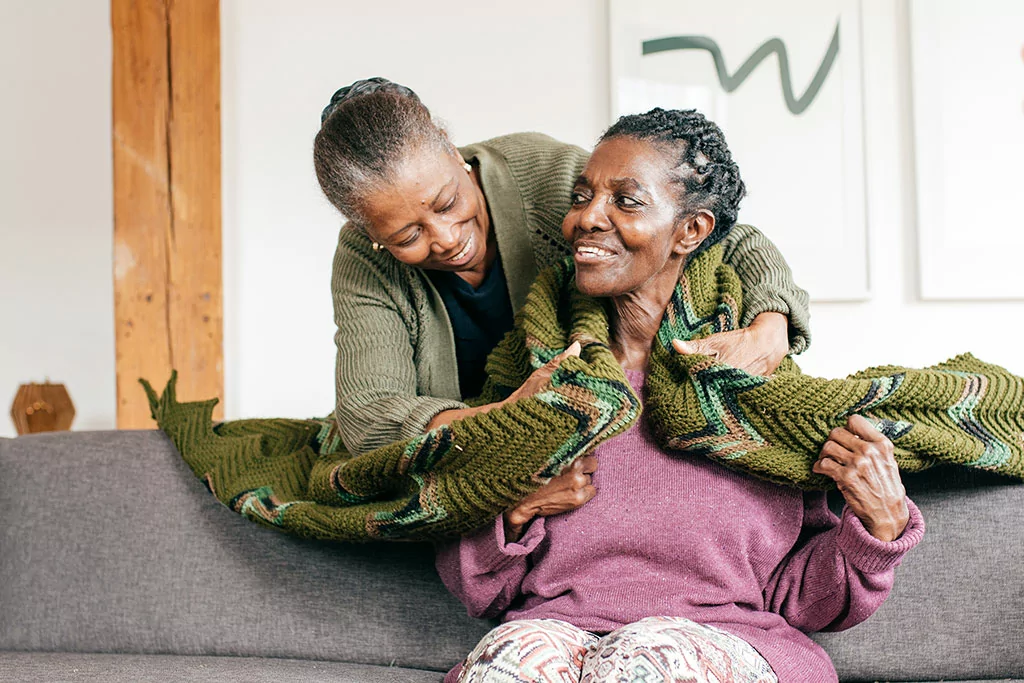Compassion in Action: How Specialized Education Elevates Memory Care Assistance Environments

Caring for individuals with memory-related conditions demands a remarkable arrangement of abilities and a profound understanding of the complexities involved. Loving memory care community environments, specialized education arises as a strong impetus, transforming environments and enhancing the quality of care through compassionate and informed rehearses.
Tailored Approaches to Communication:
Successful communication lies at the core of memory care assistance, and specialized education assumes a vital role in honing communication abilities. Caregivers trained in specialized strategies figure out how to adjust their communication styles to the extraordinary requirements of every individual. Whether through obvious signals, verbal consolation, or non-verbal articulations, specialized education engages caregivers to lay out meaningful associations that rise above the limits of memory misfortune.
Creating Therapeutic Environments:
Loving memory care community environments provide food explicitly to meet the necessities of individuals with different conditions. From the design of actual spaces to the incorporation of tangible feelings, caregivers trained in specialized procedures can organize environments that cultivate a feeling of commonality, security, and solace for those under their care.
Promoting Empathy and Patience:
Caring for individuals with memory-related conditions demands a serious level of empathy and patience. Specialized education instills these characteristics in caregivers, encouraging them to move toward every interaction with compassion and understanding. Through recreations, contextual investigations, and viable training, caregivers figure out how to explore the personal difficulties related to memory care, fostering a climate of trust and security.
Innovative Intervention Strategies:
Memory care assistance environments benefit from innovative intervention strategies that address the interesting requirements of individuals with mental degradation. Specialized education equips caregivers with the tools to carry out mental-feeling exercises, customized care plans, and therapeutic interventions tailored to the particular difficulties introduced by memory-related conditions.
Enhancing Quality of Life:
Eventually, the overarching objective of specialized education in memory care assistance is to improve the general quality of life for individuals with mental degradation. By combining a profound understanding of the circumstances with customized and compassionate care rehearsals, caregivers add to the close-to-home, physical, and social prosperity of those they support.
As caregivers gain insight into the complexities of mental deterioration, refine communication strategies, establish therapeutic environments, encourage empathy and patience, and carry out innovative interventions, the general quality of care is significantly upgraded. Specialized education stands as a cornerstone in ensuring that memory care assistance environments not only meet the remarkable requirements of individuals with memory-related conditions but additionally provide a compassionate and enriching experience that improves their general prosperity.









